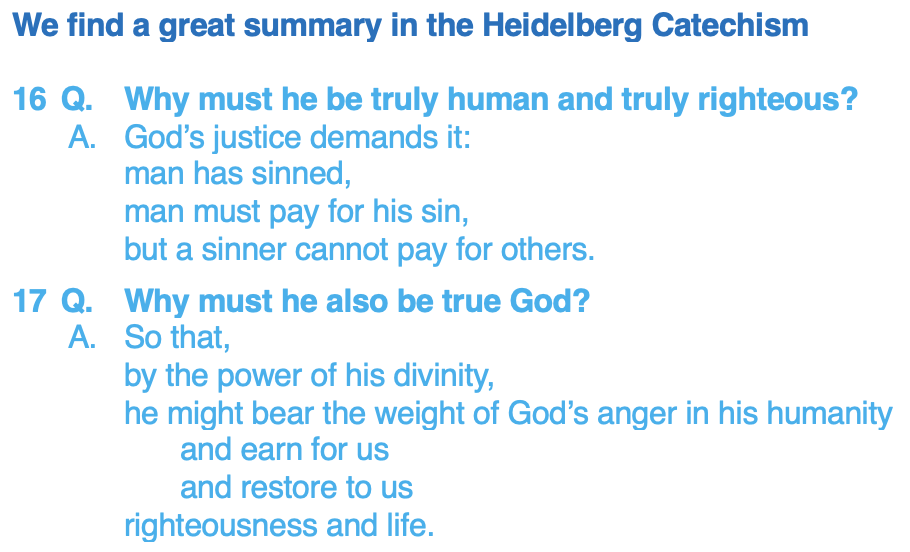What difference does Christology make to life-ology? (John 5:18-47)
7th March, 2022
By way of introduction: If “ology” comes from the Greek word logos, and has it’s meaning in examination and explanation, then there are lots of “ologys” that do make a difference in our lives (sociology, ecology etc.).
Can you think of some that are particularly connected to your life, and what difference do they make in your life?
Read John 5:18-47
As we read John 5:18 in the context of the scene in John 5:1-17, why is it that Jesus calling God “his own Father” is seen by the Jewish Rulers as Jesus “making himself equal to God”?
from the Westminster Confession, 8.2 & 8.3
Here is a link to the Westminster Confession at the Christian Reformed Churches of Australia
2. John 5:19-30 seems to be bookended by a similar phrase (in verse 19 and verse 30), can you spot it? What is Jesus saying by it?
3. What could be the “greater works” that Jesus speaks about here in John 5:20?
4. Jesus is teaching how much he is equal to God the Father, yet how does Jesus also teach the distinct persons of the Father and Son of our triune God? (verse 19, and verses 21-23)
Here is a link to the Nicene Creed
5. Are there areas of authority that God the Son has which surprise us, as taught from John 5 here?
6. In John 5:31-47, Jesus starts talking about the testimonies of others. Who gives testimony to Christ according to Jesus’ list?
7. Why is Jesus keen on giving us this theological teaching on Christology (think about verse 24 and verse 25)?
8. Here is Jesus Christ, the God-man, the lawmaker, who is accused of being a lawbreaker. How do we more fully appreciate the cross of Christ then after beholding who Christ is from John 5?
Here is a link to the Heidelberg Catechism
9. What difference does Christology make to your life?
Pray by asking the Lord to see who Jesus Christ truly is from the Scriptures, and be so changed by who He is, to behold Him and worship.
For rather reading on the Christological controversies, councils and creeds of the Early Church, you can start your reading here.
‘The Early Church’, PTC Moore College




